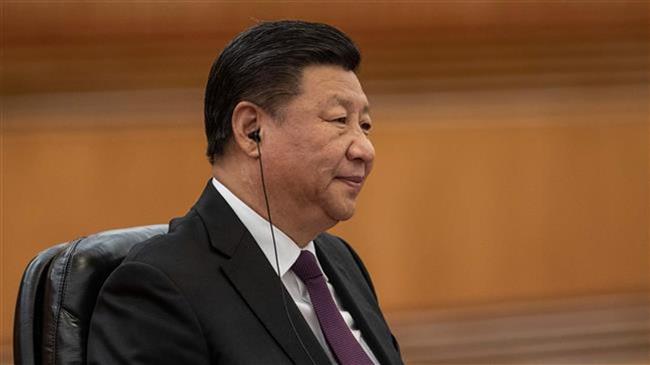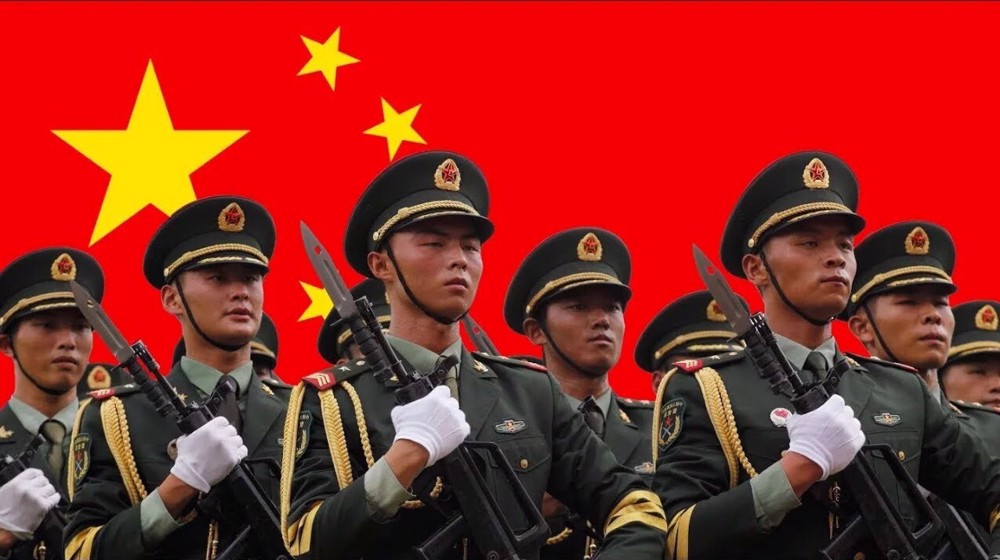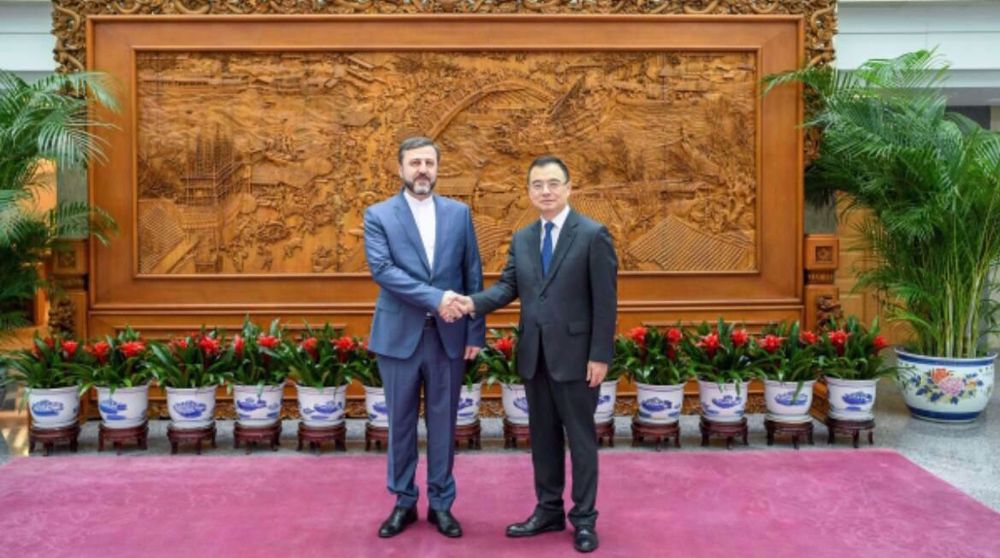China’s President Xi signs Hong Kong national security bill into law
Chinese President Xi Jinping has signed a landmark national security bill for Hong Kong into law.
China’s official news agency Xinhua said the signing occurred on Tuesday, shortly after the country’s top lawmaking body voted unanimously to adopt the law and decided that it would be included in Hong Kong’s mini-constitution.
The new law, which takes immediate effect, would criminalize sedition, secession, and subversion against mainland China, and paved the way for Chinese national security institutions to operate in the city for the first time since 1997, when Hong Kong returned from British to Chinese rule.
Western countries have harshly criticized the law, claiming that it would undermine the city’s autonomy and the “one country, two systems” principle.
China has rejected the criticism as interference in its domestic affairs.
Security law ‘a sword hanging over heads of rioters’
On Tuesday, Chinese and Hong Kong authorities insisted that the law would only target a minority of people, and vowed to restore business confidence after a year of unrest in the city.
China’s Hong Kong and Macau Affairs Office in Beijing warned that for the few individuals trying to endanger the security of Hong Kong, the law would be a “sword hanging over their heads,” and also a “protective talisman” for those who want peace and stability in the city.
Moreover, Beijing’s Hong Kong liaison office said in a statement that China’s and Hong Kong’s determination to strictly enforce the law should not be underestimated, and that no one should take the “steely constraints” of the law lightly.
“The Central Government has carefully evaluated and is fully prepared for the situations that may be encountered during the implementation of Hong Kong’s national security law,” the liaison office said.
Protests erupted in Hong Kong after the law was proposed on May 22. Critics view it as a blow to the region’s autonomy and civil liberties, while China says the legislation would leave political freedoms intact and return stability.
Hong Kong was rocked by violent protests over another bill that would have reformed its extradition law last year. Rioters vandalized the city, destroying public and private property and attacking individuals deemed to be pro-government. Hong Kong dropped that bill, but the acts of violence continued.
US threats, intimidation will never work: China
Meanwhile, the Chinese Foreign Ministry said on Tuesday that the country was determined to defend its national interests, stressing that US threats and intimidation would never work on Beijing.
At a regular press conference in Beijing, Foreign Ministry spokesman Zhao Lijian said the US’s interference in Hong Kong’s affairs was not permitted by the Chinese government.
“On the issue of Hong Kong’s national security legislation, China has stated its stern position on many occasions that those affairs are purely China’s internal affairs and no foreign country has the right to interfere,” Zhao said.
He said the Chinese government would safeguard its sovereignty and implement the principle of “one country, two systems.”
He said the US’s threat of sanctions against China would not work and the country would take countermeasures if any are imposed.
Last week, the US Senate approved a bill that would impose mandatory sanctions on people or companies that Washington claims back efforts to restrict Hong Kong’s autonomy. It includes secondary sanctions on banks that do business with anyone backing any crackdown on the territory’s autonomy.
Netanyahu fears fruition of Iran US talks
VIDEO | Press TV's news headlines
China warns of 'measures' following CIA’s Chinese-language recruitment drive
Official warns of ‘strong, decisive’ response to any adventurism against Iran
Palestine Action wins landmark legal victory against UK crackdown
VIDEO | World-class eye hospital in Iran’s Zahedan draws medical tourists
VIDEO | India voter roll revision sparks fear of voting disenfranchisement in India
VIDEO | South Africa voices support for Cuba amid US sanctions, threats












 This makes it easy to access the Press TV website
This makes it easy to access the Press TV website